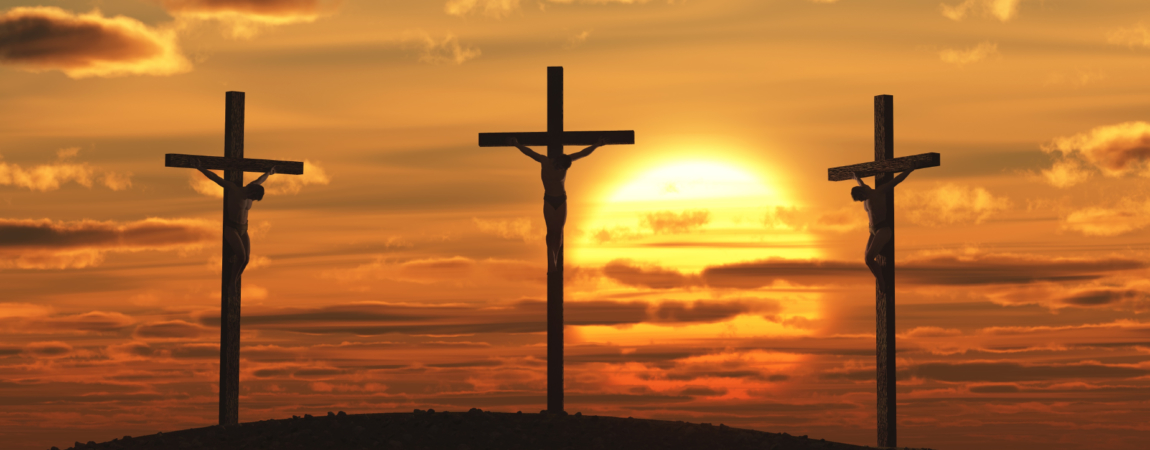“We rest in the completed works of Christ’s death on the cross, not the Sabbath”
- 1. Resting in Christ Never Cancels Obedience
- 2. Hebrews 4: Rest Deepens, Not Nullifies Sabbath
- 3. Harmonizing Katapausis & Sabbatismos
- 4. Sabbath as Creation, Not Ritual
- 5. The Cross Did Not Erase God’s Command
- 6. Final Witness: Sabbath in the End & New Earth
Resting in Christ Never Cancels Obedience to God’s Commandments
Romans 3:31 – “Do we then make void the law through faith? God forbid: yea, we establish the law.”
Paul affirms the opposite: Faith does not abolish the law, it upholds it.
Matthew 5:17–19 – Jesus anticipated the idea He abolished the law. He directly refuted that claim: “Whoever breaks one of the least of these commandments… shall be called least in the kingdom of heaven.”
Rest in Christ Does Not Nullify the Sabbath, but Deepens Its Meaning
Hebrews 4:9 – “There remains therefore a Sabbath-keeping (Greek: sabbatismos, Strong’s G4520) for the people of God.”
- Katapausis (κατάπαυσις, Strong’s G2663) = ultimate rest in God’s presence.
- Sabbatismos (σαββατισμός, Strong’s G4520) = ongoing literal Sabbath observance.
The present tense “there remains” shows Sabbath continues beyond the cross. It is the sign of covenant obedience.
| Feature | Katapausis (G2663) | Sabbatismos (G4520) |
|---|---|---|
| Meaning | Spiritual, general rest / cessation | Literal Sabbath observance |
| Occurrences in Hebrews | 6 times (Hebrews 3–4) | 1 time (Hebrews 4:9) |
| Root Concept | Entering God’s rest, inheritance, peace | Keeping the seventh-day Sabbath |
| Scope | Eschatological, eternal rest | Weekly earthly observance pointing forward |
| Used for Promised Land? | Yes (Hebrews 3:11; 4:3–5) | No |
| Used for Sabbath command? | No | Yes (directly linked to Sabbath-keeping) |
| Does it eliminate the 4th commandment? | No | No — instead reinforces it |
Harmonizing the Two Concepts
- Katapausis = Our destination (future eternal rest).
- Sabbatismos = Our weekly rehearsal pointing toward eternal reality, like Communion points us back to Christ’s death.
To deny Sabbath is to ignore plain textual evidence and redefine sabbatismos against its meaning.
The Sabbath Was Not a Burden Needing Fulfillment
The Sabbath was sanctified before sin (Genesis 2:2–3). It is a creation ordinance, not a ritual shadow.
Exodus 20:8–11 roots Sabbath in creation: “For in six days the LORD made heaven and earth…”
Sabbath cannot be “fulfilled” like sacrifices; it reflects the pattern of God Himself.
The Cross Did Not Erase God’s Command
John 19:30 – Jesus declared, “It is finished.” His atoning sacrifice was complete, but atonement is not the same as commandment.
Romans 6:1–2 – “Shall we continue in sin… God forbid.” 1 John 3:4 defines sin as transgression of the law.
The Sabbath was not a “sin offering” – it was a commandment. Christ paid the penalty for Sabbath-breaking, not permission to keep breaking it.
The Saints in the End Still Keep the Sabbath
Revelation 14:12 – “Here are they that keep the commandments of God, and the faith of Jesus.” End-time believers are marked by both faith and obedience.
Isaiah 66:22–23 – In the New Earth: “From one Sabbath to another, all flesh shall come to worship before Me.”
If Sabbath was kept in Eden and will be kept in the New Earth, why would it be discarded now?

